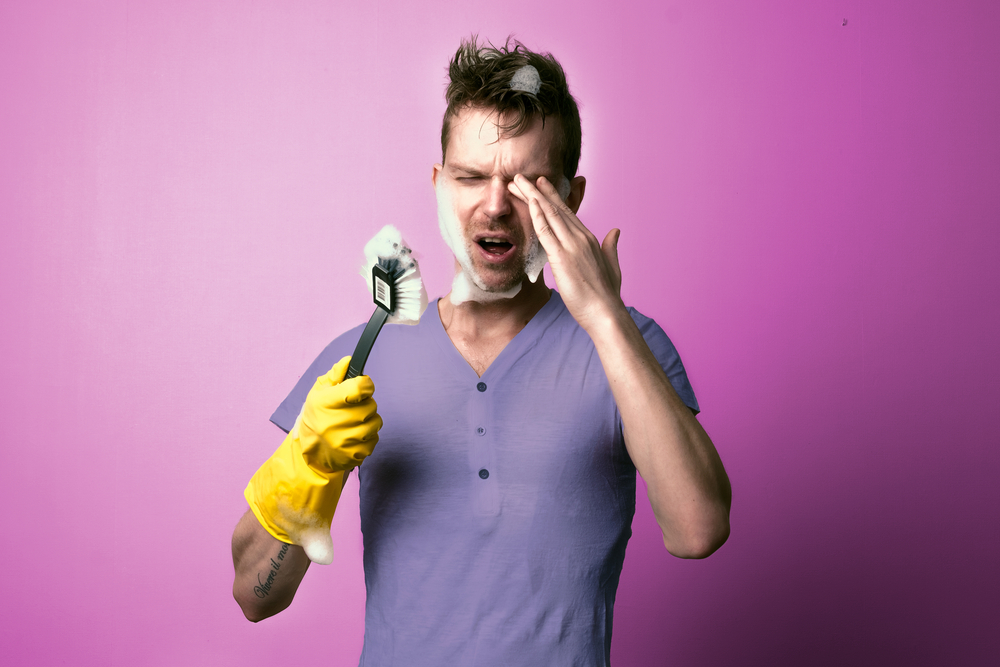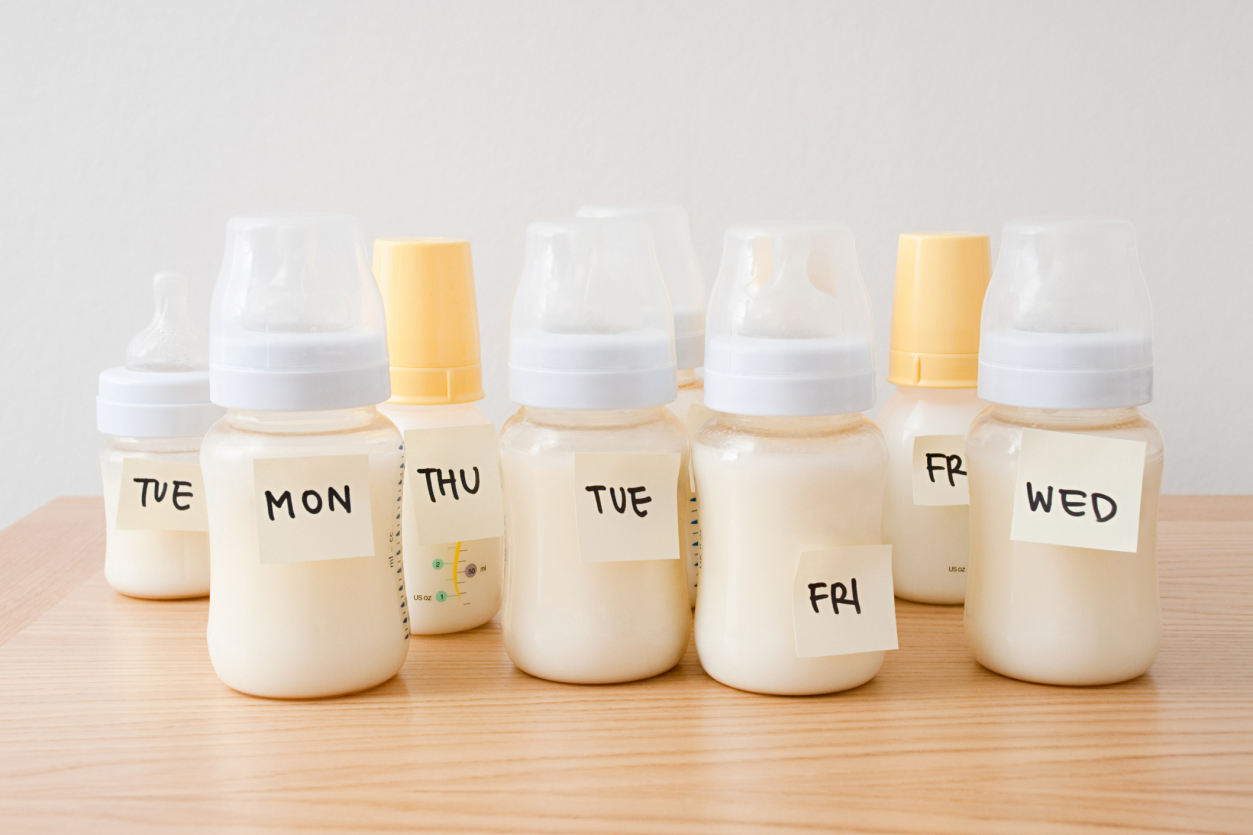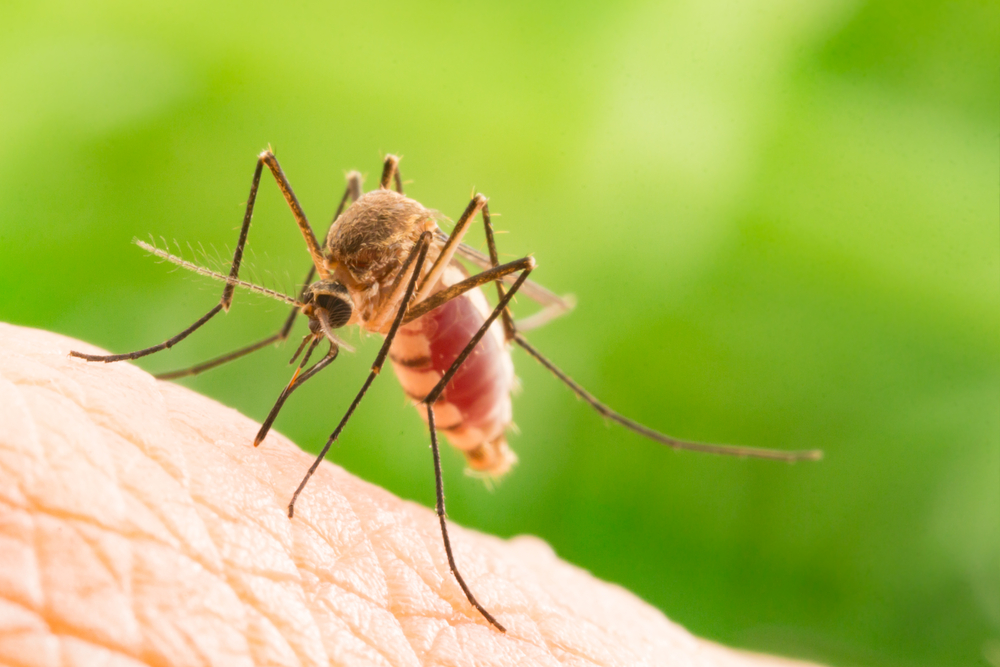Contents:
- Medical Video: Injuries and Chemical Burns to the Eye
- Types of chemicals
- First aid when the eye is exposed to chemicals
- What kind of treatment will be obtained?
- Other additional treatments
- Can vision be impaired?
- If you have a visual impairment, can it still be cured?
Medical Video: Injuries and Chemical Burns to the Eye
Exposure to eyes on chemicals is not a rare thing. Often eye exposure occurs due to carelessness or accidental effects either by yourself or by people around you. What kind of chemicals should you watch out for? What actions should be taken when the eye is exposed to chemicals? The article below will help answer your question.
Types of chemicals
There are various types of chemicals that can be found in household appliances, some of which are:
- Sulfuric acid on the battery.
- Acetic acid in vinegar.
- Ammonia in cleaning fluids like carbolic acid.
- Magnesium hydroxide in fireworks.
- Calcium hydroxide in cement.
In addition, of course there are many more types of chemicals that can enter the eye. What will happen after the eye has been exposed to chemicals depends on the chemical substance and how much substance it enters.
First aid when the eye is exposed to chemicals
The initial action that you can take when exposed to or find someone who is exposed to chemicals in the eye is to wash your eyes with clean running water for 10-15 minutes. Don't just wash for a while!
After you clean your eyes with clean water, immediately go to the Emergency Installation (IGD) or the nearest clinic.
What kind of treatment will be obtained?
Your eyes will be given drops beforehand to reduce the pain that is felt. Next, the eyes will be washed using sterile water to the top and bottom of the eyelids. After making sure there are no more chemicals left (by measuring the degree of acidity), you will be given antibiotic eye drops and corticosteroids. Drops will generally be used for 7 days.
Other additional treatments
After being treated at a clinic or hospital, you may need to do outpatient care. The following are the types of drugs that might be given if the eye is exposed to chemicals.
- Vitamin C drops and drinks to help with tissue healing.
- Drinking antibiotics (doxycyline) which help reduce inflammation.
- Drinking Acetazolamide if there are signs of increased eye pressure
Can vision be impaired?
Vision problems that occur after exposure to chemicals will vary in each case. This depends on the type, amount, area, and speed of handling after exposure to chemicals. Broadly speaking, if your cornea is still clear, your vision will not be disturbed.
However, if your cornea has turned white, generally acquired visual disturbances will persist. In some severe cases, you may lose vision, or experience blindness.
If you have a visual impairment, can it still be cured?
Surgery (keratoplasty) can be performed on visual impairments caused by damage to the cornea. This action can only be done at the latest 6 months from the time it is exposed to chemicals. This is because new keratoplasty can be done if there is no more inflammation in the eye.
Consult your question or complaint directly to the ophthalmologist to prevent the condition from worsening as well as to speed up recovery. Also ask the doctor what are the restrictions that must be obeyed during the healing period after the eye has been exposed to chemicals.












